Laikipia
My new pride and joy is a pedigree Boran bull named Woragus 317. We know him as Ollie. Sired by the famous 956 Segera from the legendary Gianni line, he was bred on Mark and Nicky Myatt-Taylor’s stud in Tanzania’s distant southern highlands. I recklessly bought him on the strength of a photograph, bidding by email at a recent Boran Cattle Breeders’ Society of Kenya auction. I was in the bush in South Sudan when I heard I had won — and then it sank in that Ollie has cost me the price of a Volkswagen, or a family holiday to Bali.
The Boran is ‘God’s gift to cattlemen’, the experts say. It is the finest of all Africa’s zebu-type beef breeds: hardy, fertile, docile, with ‘excellent fleshing qualities’. The Boran’s history is an amazing tale of African achievement, a combination of indigenous breeding over perhaps 1,500 years, together with modern European ranching techniques. Nearly a century ago, Kenya’s early British settlers began improving what they called Frontier cattle from Somalis and the southern Ethiopian Borana tribe. In the 1950s, my late father was a founding member of the Boran society and a judge at the Nairobi show. Ollie comes from a line originally bred by my father’s friend and neighbour Miles Fletcher.
I know I paid over the odds for Ollie. My neighbour Tom immediately sent me an incredulous sms. ‘You didn’t really just buy a bull for (price of a Volkswagen)?’ Some days later, after too many beers together, we almost quarrelled about it. Tom has been a good friend and given me lots of good advice over the years, but I was defensive. Until now I was too scared to bid high in a bull auction, provoking one Boran aficionado to joke, ‘Do you want a cheap one?’ No longer. In the bar I noticed a couple of the other breeders looking at me intensely, wondering if they, too, might sell me a bull. I’m a hobby rancher. They can see me coming. I know it but I don’t care. I have much to learn, but I want some pizzazz in my herd.
After all, few are the joys left to a man of 47. I haven’t got a mistress. I do not feel the need to ride Harley-Davidson motorcycles. I like wine too much and while dodging bombs and rockets in Sudan the other day I thought it might be a good idea to retire from covering African wars. But what comes after the adrenalin of being shot at? I rise early, I work hard, I love my family, but I just seem to spend my life paying utility bills or talking about petty-cash vouchers.
When we trekked Ollie on to the farm I knew all was well. His red flanks shimmered with a light sweat as he turned his black head to the cows with a lustful look in his eye. He’s heavy but not coarse-boned, not too loose, with length and a great top line. He may be on the big side for our arid conditions but I’ve made my choice. ‘He’s a good bull, I’ll give you that,’ said Tom reassuringly.
This is one high point in the story of my Boran stud. All my father’s thousands of cattle were nationalised in socialist Tanzania in the 1960s. When we started again in 2003, I called the company Tango Maos, the name given to the European outcasts who wandered Africa centuries ago and in time became Africans themselves. To launch the herd, my wife Claire bought me three heifers for my birthday. Now we have a small but respectable mob of registered cattle.
Ollie is now on the screensaver of my computer and my telephone. As I travel Africa away from the farm again I think of Ollie, and fret about how he’s settling in during this first month, when the trauma of moving can often kill a new beast. I feel the same sort of concern and obsessive pride that Lord Emsworth had for his prize pig Empress of Blandings. Last year we had five cattle raids and dozens of bullets were fired on the farm. For me, the cattle rustlers fill the role of Lord Emsworth’s archrival and suspected pig thief Sir Gregory Parsloe-Parsloe. Will Ollie make it? Will he thrive? And will he breed prize-winning bulls in time for the Nairobi show in three years? It would be the best 50th birthday present I could hope for.
Got something to add? Join the discussion and comment below.
Get 10 issues for just $10
Subscribe to The Spectator Australia today for the next 10 magazine issues, plus full online access, for just $10.


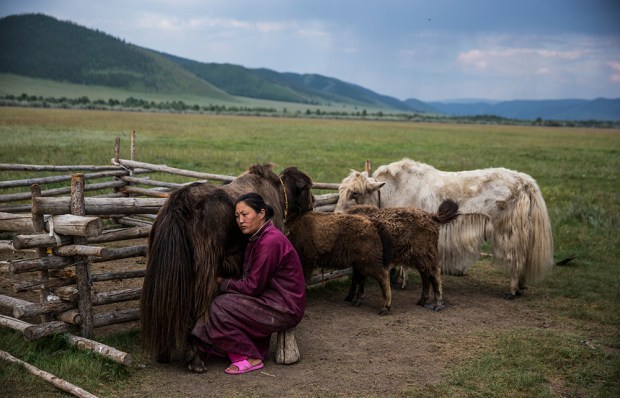
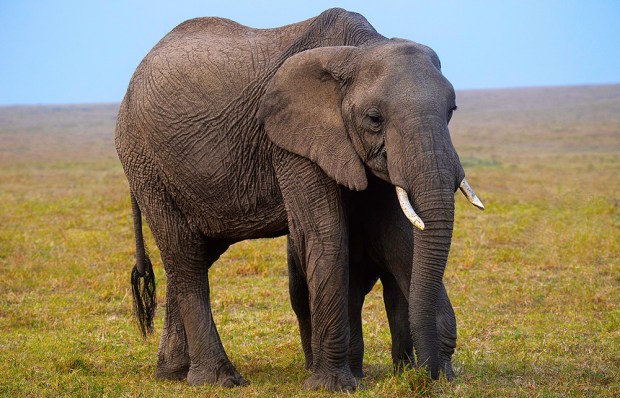
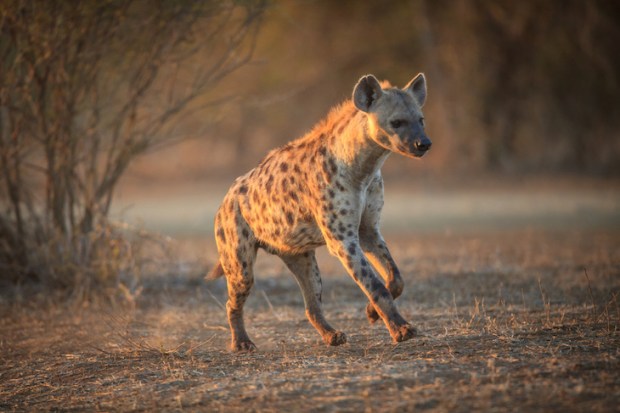
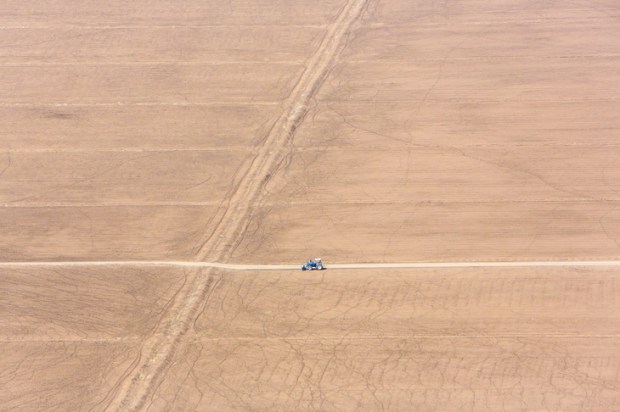

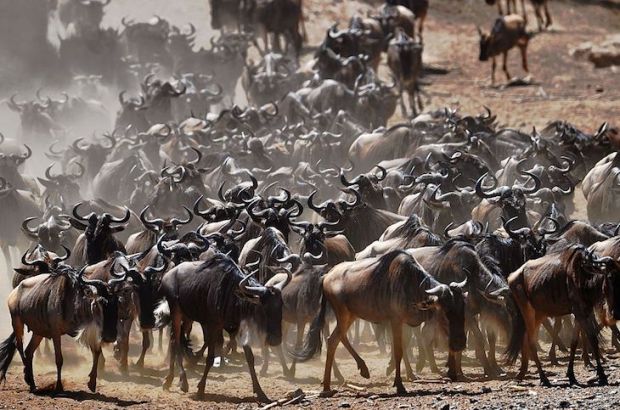






Comments
Don't miss out
Join the conversation with other Spectator Australia readers. Subscribe to leave a comment.
SUBSCRIBEAlready a subscriber? Log in